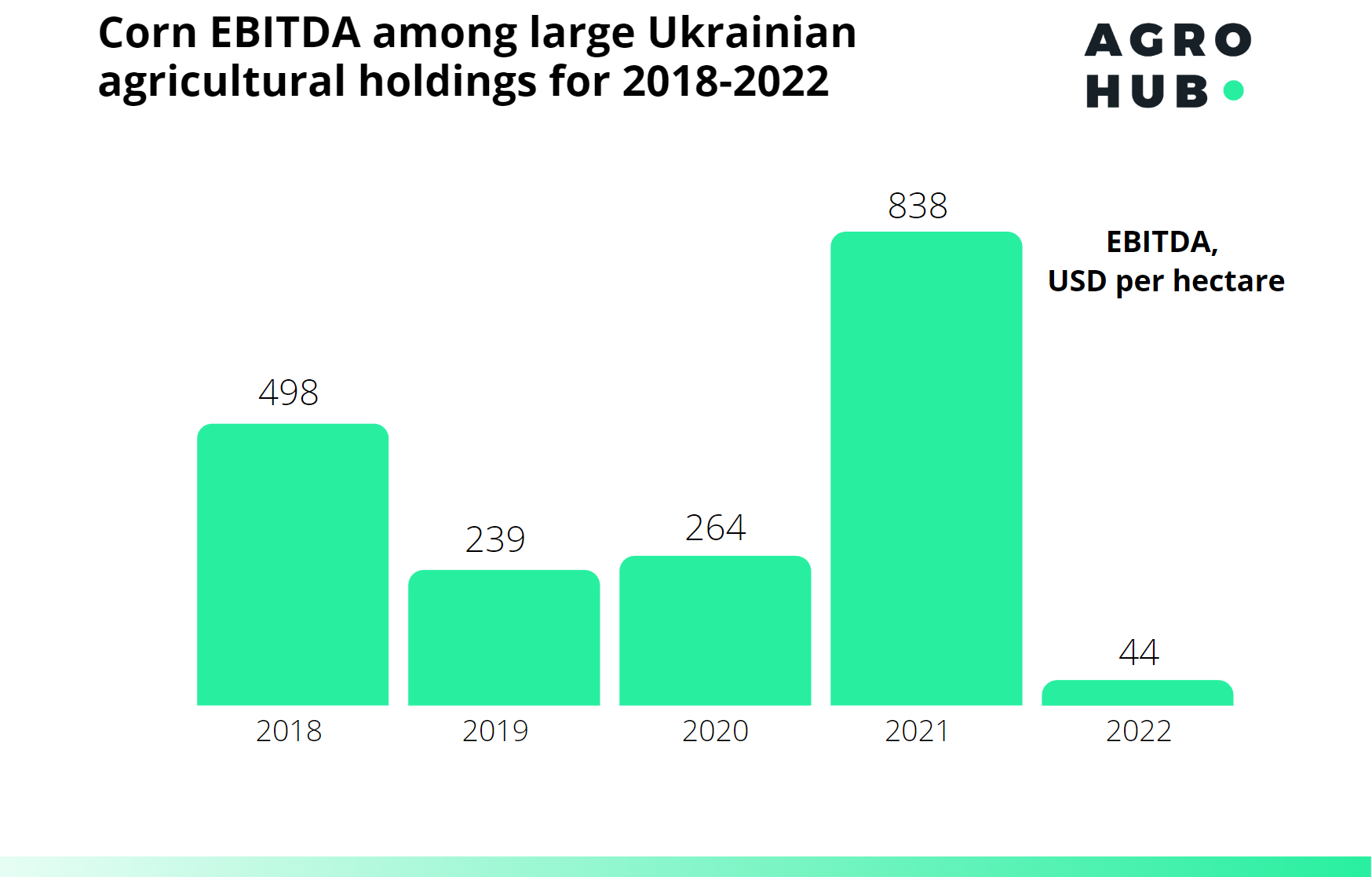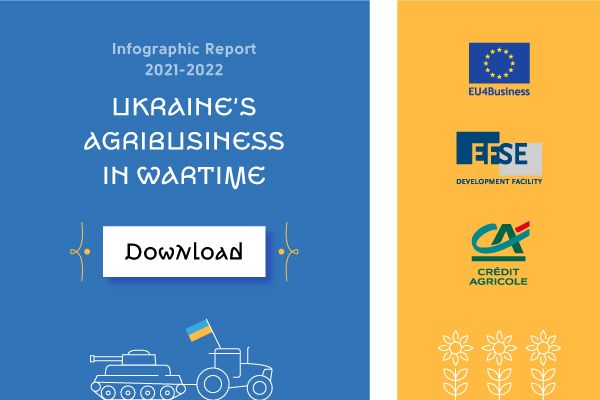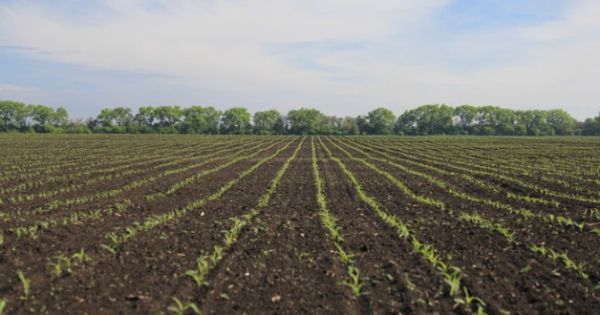Corn EBITDA in Ukraine hits 5-year low: Agrohub
In 2022, corn EBITDA amounted to USD 44 per hectare, which is the lowest level in the last 5 years. Even in the 2020 season, when weather conditions were unfavourable for high corn yields, the average EBITDA did not fall below USD 200 per hectare, according to research by Agrohub.
This low value was influenced by a number of factors: increased input costs, low prices, and lower yields compared to the previous year, as well as challenges caused by the war, such as limited markets and expensive logistics.
Which costs increased the most?
In 2018-2021, the average cost per 1 ton of corn was USD 114. While in the 2022 season, the growth was +63%. Compared to 2021, the cost growth in 2022 was +47%. Fertilizers and elevator services show the highest growth in the cost structure. Accordingly, in the 2022 season, compared to 2021, the increase in fertilizer costs was +154%, and elevator services +88%.
What happened to the yields?
The average yield in the 2022 season, according to the results of the sample study, is 23% lower compared to the 2021 season, and 17% lower compared to the average yield over the past 4 years.
"As a result of the impact of such factors, the average return on invested capital for Ukrainian agricultural producers in corn growing in the 2022 season was only 3%, which is significantly lower than in previous years. It is not surprising that we see a clear downward trend in corn acreage. Agrohub has conducted another research on the latter, the results of which we will share soon," comments Oksana Bobrova, Head of Agrohub Benchmarking.
The research was conducted by Agrohub based on data from large agricultural holdings for the period of 2018-2022. The corn area under study in the 2022 season amounted to 500 thousand hectares.




